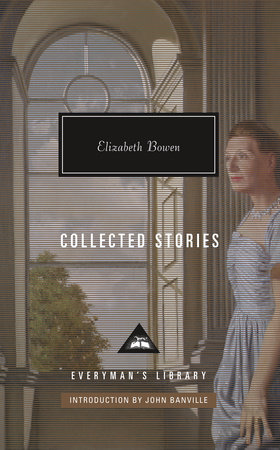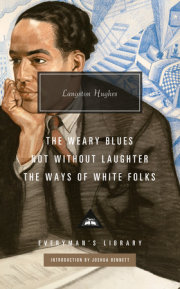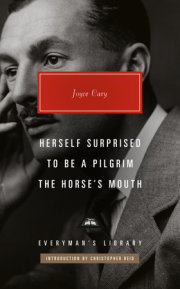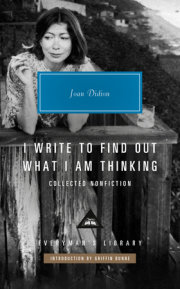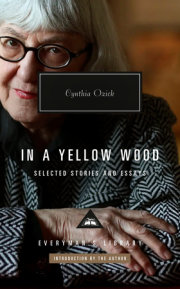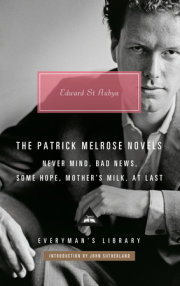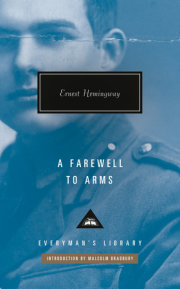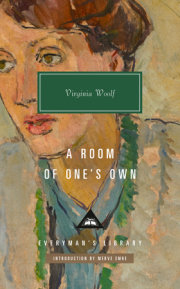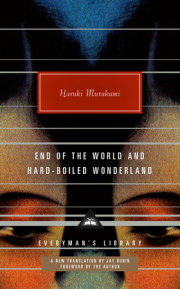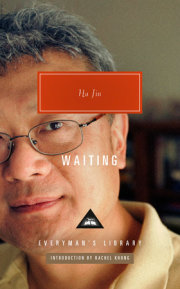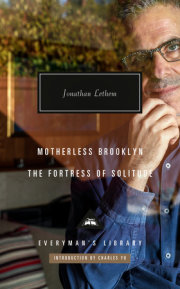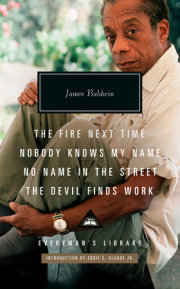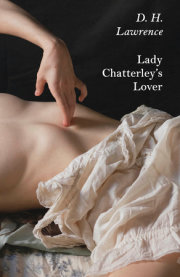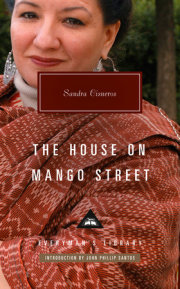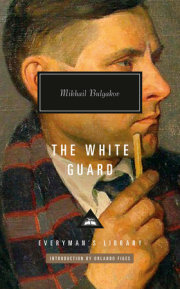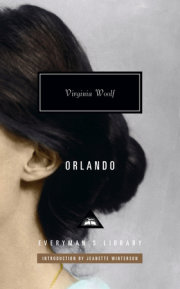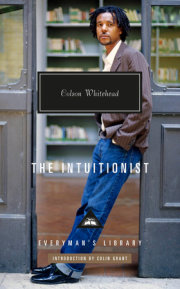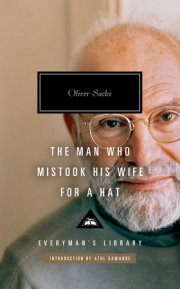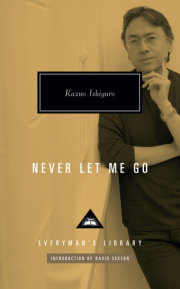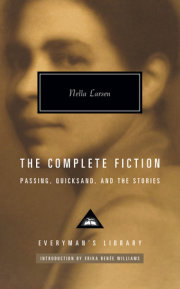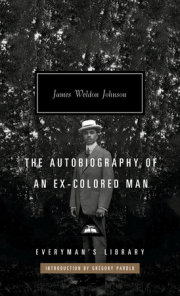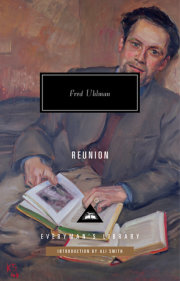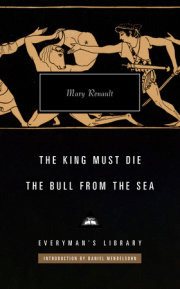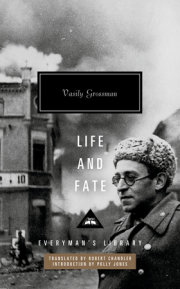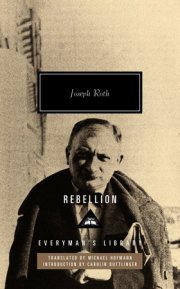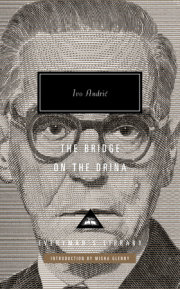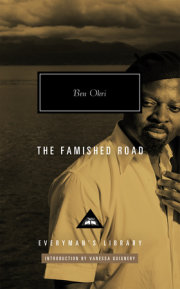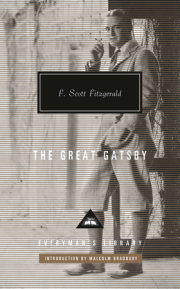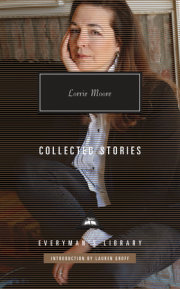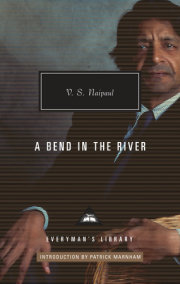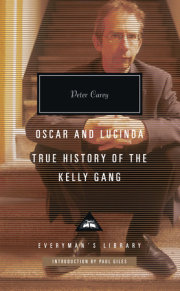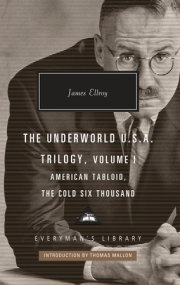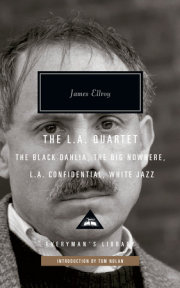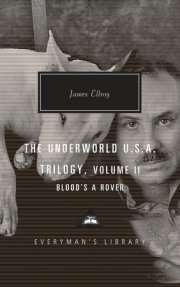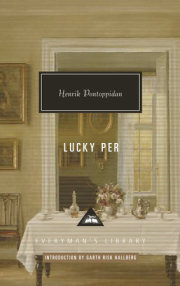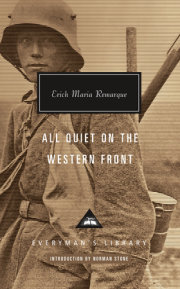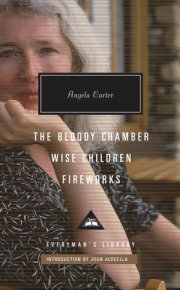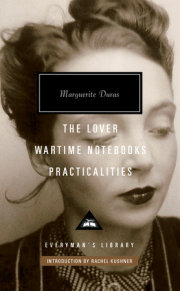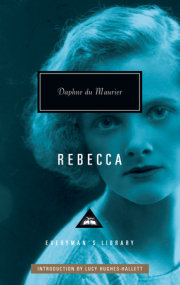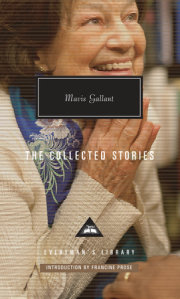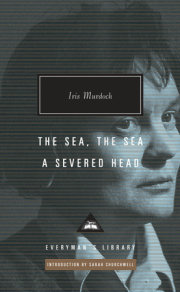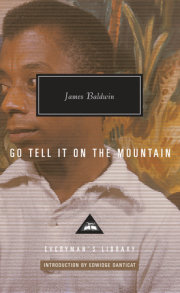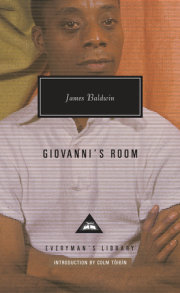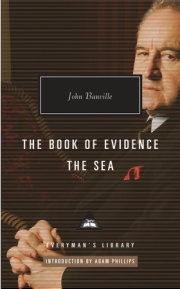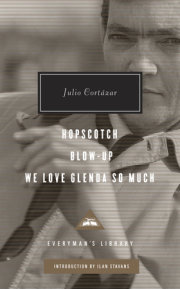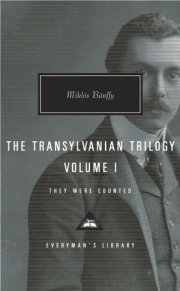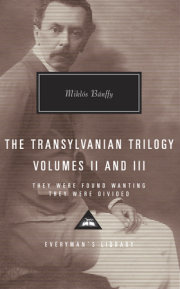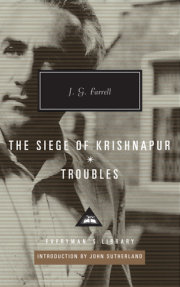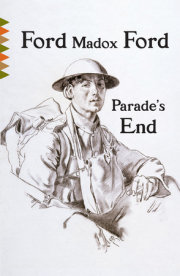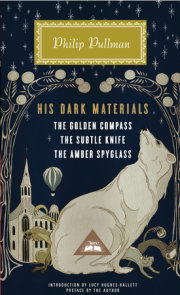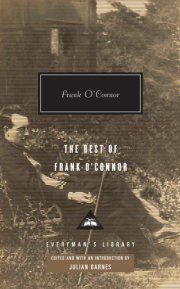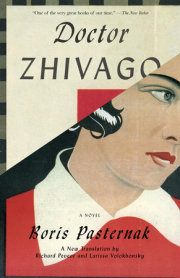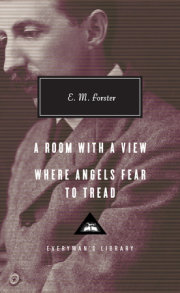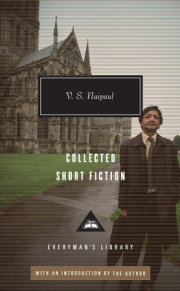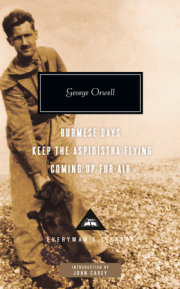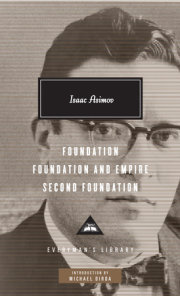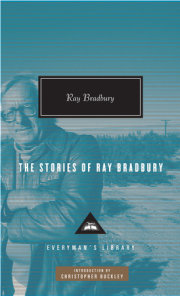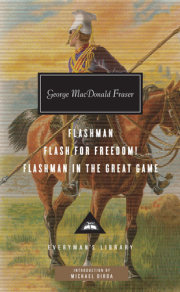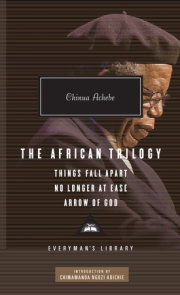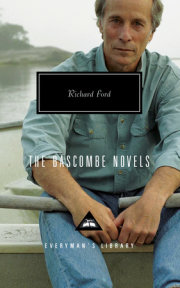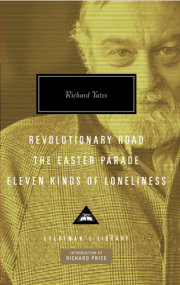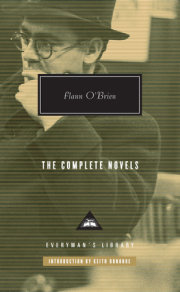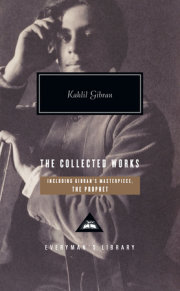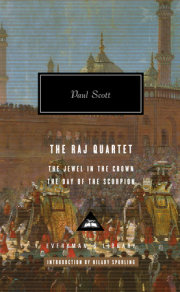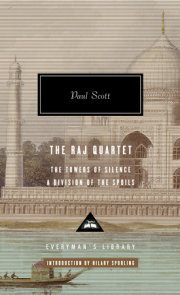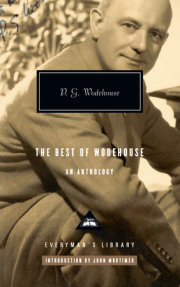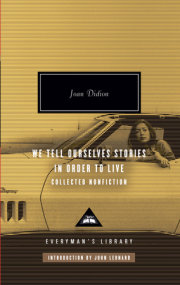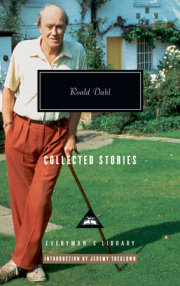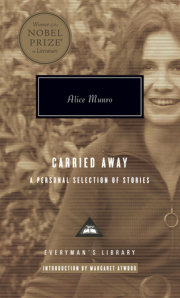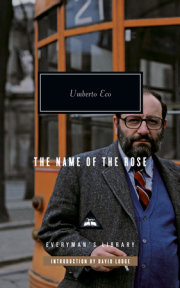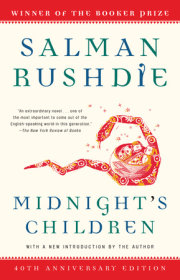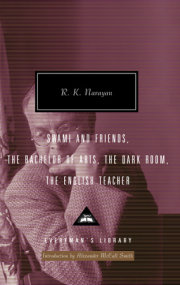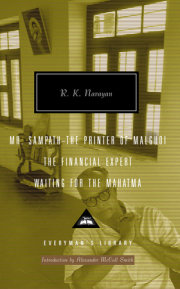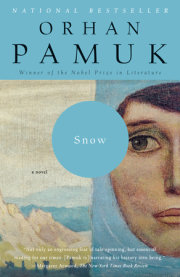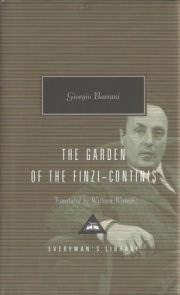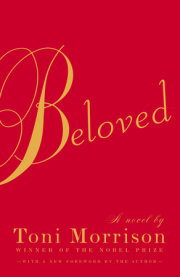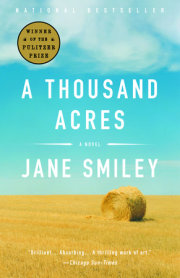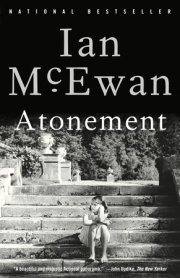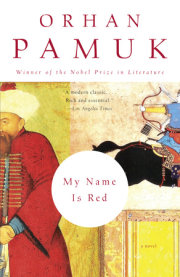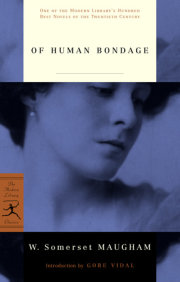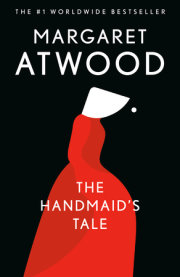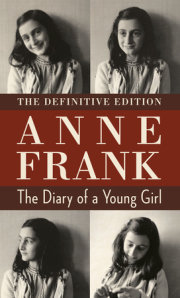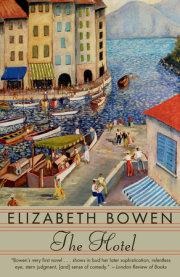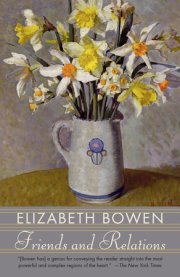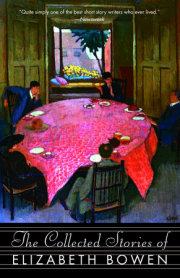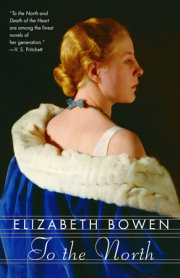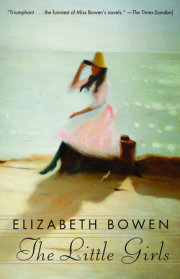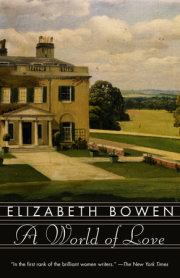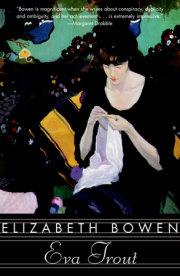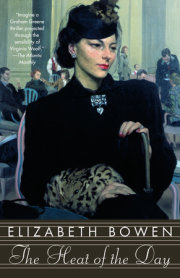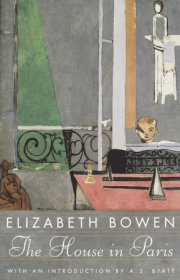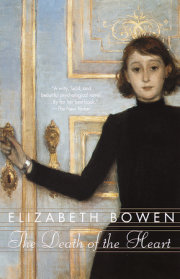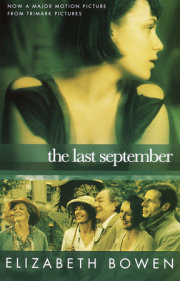Breakfast
'BEHOLD, I die daily,' thought Mr Rossiter, entering the breakfast-room. He saw the family in silhouette against the windows; the windows looked out into a garden closed darkly in upon by walls. There were so many of the family it seemed as though they must have multiplied during the night; their flesh gleamed pinkly in the cold northern light and they were always moving. Often, like the weary shepherd, he could have prayed them to keep still that he might count them.
They turned at his entrance profiles and three-quarter faces towards him. There was a silence of suspended munching and little bulges of food were thrust into their cheeks that they might wish him perfunctory good-mornings.
Miss Emily further inquired whether he had slept well, with a little vivacious uptilt of her chin. Her voice was muffled: he gathered that the contents of her mouth was bacon, because she was engaged in sopping up the liquid fat from her plate with little dice of bread, which she pushed around briskly with a circular movement of her fork. It was not worth sitting down till she had finished, because he would be expected to take her plate away. Why was the only empty chair always beside Miss Emily?
Last night in the lamplight he had almost begun to think he liked Miss Emily. She was the only lady present who had not beaten time with hand or foot or jerking head while they played 'Toreador Song' on the gramophone. But here, pressed in upon her by the thick fumes of coffee and bacon, the doggy-smelling carpet, the tight, glazed noses of the family ready to split loudly from their skins. . . . There was contamination in the very warm edge of her plate, as he took it from her with averted head and clattered it down among the others on the sideboard.
'Bacon?' insinuated Mrs Russel. 'A little chilly, I'm afraid. I do hope there's plenty, but we early birds are sometimes inclined to be rather ravenous.
She added: 'There's an egg,' but there was no invitation in her tone.
She could never leave a phrase unmodified. He could have answered with facetious emphasis that he was almost inclined to believe he would rather have enjoyed that egg.
Dumbly, he took two rashers of the moist and mottled bacon.
'And then,' Hilary Bevel was recounting, 'it all changed, and we were moving very quickly through a kind of pinkish mist--running, it felt like, only all my legs and arms were somewhere else. That was the time when you came into it, Aunt Willoughby. You were winding up your sewing machine like a motor car, kneeling down, in a sort of bunching bathing dress. . . .' She dared indelicacy, reaching out for the marmalade with a little agitated rustle to break up the silence with which her night's amazing experiences had been received.
Miss Emily, always kindly, tittered into her cup. She kicked the leg of Rossiter's chair and apologized; and he watched her thin, sharp shoulders shining through her blouse.
Mrs Russel's eye travelled slowly round the table; there slowed and ceased the rotatory mastication of her jaws. Above her head was a square of white light reflected across from the window to the overmantel. He wished that the sheen of the tablecloth were snow, and that he could heap it over his head as that eye came round towards him.
'Now for it,' he braced himself, clenching his hands upon his knife and fork, and squaring his elbows till one touched Miss Emily, who quivered.
'I'm afraid you couldn't hardly have heard the gong this morning, Mr Rossiter. That new girl doesn't hardly know how to make it sound yet. She seems to me just to give it a sort of rattle.'
Damn her impudence. She censored him for being late.
'Oh, I--I heard it, thank you!'
They had all stopped talking, and ate quite quietly to hear him speak. Only Jervis Bevel drained his coffee-cup with a gulp and gurgle.
'The fact is, I was--er--looking for my collar-stud.'
'Ah, yes. I'm afraid you've sometimes been a little reckless about buying new ones before you were quite sure you'd lost the others, haven't you, Mr Rossiter? Only fancy,'--she looked round to collect the attention of the breakfasters; there was a sensation to follow--'Annie found three good ones, really good ones, under the wardrobe, when she was turning out your room.'
'I can't think how they get there,' he protested, conscious of inanity.
'Perhaps they took little legs unto themselves and walked,' suggested Hilary Bevel.
'Perhaps the wardrobe got up in the night and sat on top of them,' bettered Miss Emily.
There was a rustle of laughter, and she cast down her eyes with a deprecatory titter.
The remark was a success. It was really funny. It was received by Mrs Russel with a warm benignity: 'Really, Emily, you do say silly things.' She laughed her gentle breathy laugh, gazing at Mr Rossiter, who wriggled.
'I say--er--Bevel, when you've finished with that newspaper--'
Jervis Bevel looked insolently at him over the top of the paper.
'Sorry, I've only just begun. I left it lying on your plate some time, then I didn't think you'd have much time to read it, being rather rushed.'
Rossiter hated Bevel, with his sleek head. He was not aware that he was rushed. What business had Bevel got to tell him so?
'Well, when you have finished--'
Hilary Bevel was staring at him across the table as though she had never seen him before. She had eyebrows like her brother's, owl's eyebrows, and long-lidded, slanting eyes; and affected a childish directness and ingenuousness of speech which she considered attractive. Her scarlet, loose-lipped mouth curled itself round her utterances, making them doubly distinct.
'Mr Rossiter's got another tie on, a crimson tie!' said Hilary Bevel.
Rossiter was instantly aware, not only of his tie but of his whole body visible above the table-edge. He felt his ears protruding fanwise from his head, felt them redden, and the blush burn slowly across his cheekbones, down his pricking skin to the tip of his nose.
Mrs Russel's attention was temporarily directed from himself by a skirmish with Aunt Willoughby. The click of swords was audible to all.
'Oh, but you wouldn't, Aunt Willoughby. Not when they've got five or six rooms to settle up every day, you wouldn't. You see, with you, when poor uncle was alive, it was a different thing altogether. What I mean to say is, in proportion to the size of the family you had more of them, in a kind of way. It was a larger staff.'
'Ah then, Rosie, but what I always used to say, "You do what I expect of you and we won't expect any more than that. I'm reasonable," I used to say, "I won't expect any more than that." Annie could tell you that was what I used to say to her. As my dear husband used to say,' Aunt Willoughby raised her voice, anticipating an interruption, 'there are those that can get good work out of their servants and those that can't. We mustn't be set up about it; it's just a gift, like other gifts, that many haven't got. I've had such a happy, happy home,' she sighed towards the attentive Miss Emily. 'Always so comfortable, it was.'
'Annie is a funny girl,' reflected Mrs Russel; she said to me--of course I never take the things those girls say seriously--"I wouldn't go back to Mrs Willoughby not for anything you might give me, I wouldn't." I said, "But she spoke so well of you, Annie," and she just wagged her head at me, sort of. She is a funny girl! Of course, I didn't ought to tell you, but it made me laugh at the time, it did really.'
'I came down on her rather hard,' admitted Aunt Willoughby swiftly. 'I was so particular, you see, and she had some dirty ways. Now I shouldn't wonder--when was it you lost those collar-studs, Mr Rossiter?'
'I don't exactly remember,' said Rossiter, basely. He felt Mrs Russel's approval warm upon him, but was sorry to have failed Aunt Willoughby, who, disconcerted, relapsed into irrelevancy.
Miss Emily harked back.
'Oh, Hilary, you are awful--why shouldn't he?'
'Well, I didn't say he shouldn't, I simply said it was one. They'll be jealous of you at the office, won't they, Mr Rossiter?'
Mr Rossiter, eyeing her contemplatively, supposed that Miss Bevel was a 'merry' girl.
'It may mean an occasion for Mr Rossiter,' said Mrs Russel from her Olympia behind the urn. 'You shouldn't draw attention to it, girls.'
The light glanced on Hilary's waved and burnished hair as she turned her head towards Aunt Willoughby.
'Nobody takes any notice of little me, when I go gadding, do they, Auntie! Why, it's all round the table in a minute if I come down with half an inch of new coloured cammie-ribbon sticking out above my jumper!'
'You wouldn't put it in at all if you didn't think it was going to notice,' remarked her brother, without raising his eyes from the Daily Express.
'I wouldn't put on anything at all if I was quite invisible, if that's what you mean!'
Miss Emily glanced apprehensively at the unshaken barricade of newspaper.
'Oh, Hilary, you are awf--'
Jervis had apparently not heard.
'Hilary!' said Mrs Russel, 'I'm afraid you're shocking Mr Rossiter!' She lingered on the name as though he were something delicious to eat.
'I believe,' thought Rossiter, 'they all want to marry me! Is this insight or delirium? P'raps not Aunt Willoughby, but--'
He appraised Jervis round the edge of the newspaper. Surely he was showier, mote attractive? Why couldn't he divert some of their attentions; take on, say, Miss Emily and Mrs Russel? Mrs Russel was old enough to be the mother of either of them.
A hand shot out suddenly from behind the urn. Rossiter jumped.
'--had your second cup of coffee yet,' Mrs Russel was saying. 'You look quite poetic, Mr Rossiter'--she was referring to his abstracted glare--'Aren't you going to pass along your cup?'
'Thank you--half a cup, if you please.'
'There's no hurry.' She glanced over her shoulder at the round relentless clock--face on the mantel. 'You see, you eat rather faster than the others, Mr Rossiter, though they have had a bit of a start this morning!'
Did he really bolt his food and make, perhaps, disgusting noises with his mouth?
'That's why I always say we'd rather breakfast early--all of us, even the ones who haven't necessarily got to rush. It's so much homier, one feels, than rough-and-tumble modern breakfast nowadays. Everybody sort of rushing in and scrambling and snatching and making grabs at things off a table at the side. There's nothing so homely,' said Mrs Russel with conscious brilliance, 'as a comfortable sit-down family to breakfast.'
'My God!' said Jervis irritably, 'there's going to be another strike on that damned railway--they're cutting down the trains again. Why pretend railways are a convenience--that's what I should like to know?'
No one could tell him.
He pushed his chair back from the table, impatiently, and crossed his legs.
'Pore old thing, then,' trilled Hilary. 'Diddums wazzums cwoss.
'They're not taking off the eight-forty-seven, are they?'
'Not the eight-forty-seven?'
'They are. That means either the eight--twenty-seven or the eight-fifty-three. The eight-fifty-three!'
'The eight-twenty-seven,' they decided unanimously.
'Then that'll just have to mean breakfast earlier,' said Mrs Russel brightly; 'you won't mind, will you, girls?' Her appeal included Aunt Willoughby, who made no response. 'You see, we couldn't hardly rush them over their breakfasts, could we?'
This was 'home comforts.' This was one of the privileges for which Rossiter paid her twenty-four shillings a week. Being sat round and watched while you were eating. Not being rushed. He had a vision of a 'rushed breakfast,' of whirling endlessly through space while one snapped at a sausage with little furtive bites; of munching bread and marmalade with the wind of one's velocity whistling through one's teeth.
Would it be better? Could it be worse?
Not worse than his chair-edge creaking against Miss Emily's; the unceasing consciousness of her unceasing consciousness of him. Not worse than Hilary Bevel, viv-a-vis; with her complacent prettiness, her tinkling, laboured witticisms. Not worse than Aunt Willoughby's baffled, bearded morosity; than Jervis Bevel's sleek disdain.
He would escape from Mrs Russel, her advances, her criticisms, her fumbling arguments that crushed you down beneath their heavy gentleness until you felt you were being trampled to death by a cow. By a blind cow, that fumbled its way backwards and forwards across you . . .
The 'girls' delivered their ultimatum in chorus.
'England expects,' declaimed Hilary, turning her eyes towards the ceiling, 'effery woman to-er--do-er herr dew-ty.'
'It's nice to be down early,' said Miss Emily earnestly, 'with a nice long day stretching out in front of me.'
'Breakfast will be at quarter to eight sharp,' said Mrs Russel. 'Mr Rossiter, we really must try not to lose our collar-studs.'
All his days and nights were loops, curving out from breakfast time, curving back to it again. Inexorably the loops grew smaller, the breakfasts longer; looming more and more over his nights, eating more and more out of his days.
Jervis Bevel's eyes swerved over to the mantelpiece. He pushed his chair back farther over the bristling carpet pile.
'Well,' he said, 'I think it's almost time--'
The room broke up, the table grew smaller again as they all rose from their chairs. Mrs Russel and Aunt Willoughby gathered themselves together; Hilary seized Miss Emily by the back of the waist and punted her laughingly towards the door.
The coffee and the bacon and the hostility and the christian forbearance blew out before them into the chilly hall.
Copyright © 2019 by Elizabeth Bowen. All rights reserved. No part of this excerpt may be reproduced or reprinted without permission in writing from the publisher.

